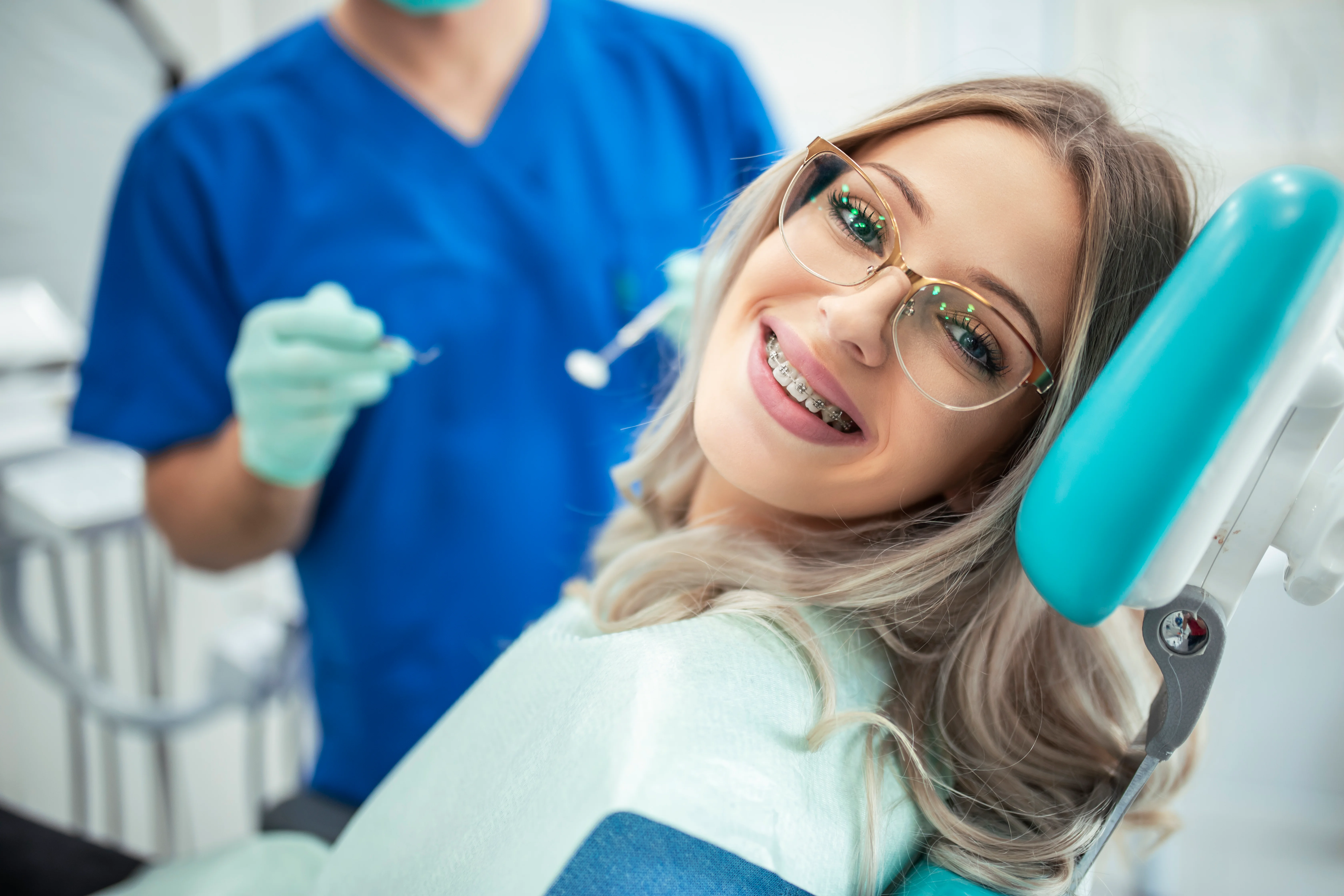How Many Teeth Do Adults Have After Braces?
Understanding Teeth Count Post-Braces Treatment
When considering an orthodontic treatment plan, a common question that often arises is: How many teeth do adults have after braces? The simple answer is that the number of teeth remains the same.
Orthodontic treatment aims to align and correct the positioning of your existing teeth rather than altering their actual number. Therefore, once your braces treatment is completed, you will still have the same number of teeth as you did before starting your orthodontic journey.
Braces, including traditional metal braces, ceramic braces, and invisible braces like Invisalign, don't affect the number of teeth. Instead, they realign them to their proper position for improved dental health.
Explore our treatment options for a healthier smile
The Role of Braces in Oral Health
Brace work by applying pressure to teeth, gradually moving them. This includes various types of braces like lingual braces, which are placed behind the teeth, and tooth-colored ceramic braces. The American Association of Orthodontists suggests that the primary goal of wearing braces is straightening teeth and correcting bite issues, not altering the number of teeth.
Book your orthodontic consultation today
Components of Braces and Their Function
- Metal Brackets: Made of stainless steel, these hold the wire in place.
- Ligating Braces: They apply pressure for tooth movements.
- Metal Wire: Guides the teeth to desired positions.
Each component, whether in traditional metal braces or other types of braces, plays a role in moving the teeth without affecting their count.
Discover how braces can transform your smile
Maintaining Oral Hygiene with Braces
Maintaining proper oral hygiene becomes especially crucial when you have braces gracing your teeth. The presence of braces introduces new challenges to your dental care routine, as they can create additional spaces for food particles to get stuck and make it more challenging to clean your teeth effectively.
As a result, a meticulous and consistent oral hygiene regimen becomes paramount. This regimen involves not only regular brushing and flossing but also the use of special tools like interdental brushes and orthodontic wax to help clean hard-to-reach areas and protect your gums from potential irritation.
Neglecting your oral hygiene during orthodontic treatment can lead to complications like cavities, gum disease, and even staining on your teeth once the braces are removed. Therefore, it's essential to prioritize your oral health by following your orthodontist's recommendations and maintaining a diligent routine to ensure that your smile remains healthy and beautiful throughout your braces journey. If you have questions about financial aspects, such as whether insurance will cover braces again, be sure to explore your coverage options and discuss them with your orthodontist.
Taking care of your teeth when you have braces may seem a bit tricky, but don't worry. A dentist who knows all about braces can give you really helpful tips on how to brush and floss your teeth well, even with those orthodontic gadgets on. Whether you have regular braces, Invisalign, or some other kind of orthodontic treatment, the main goal is to make sure your teeth get straight and healthy.
Braces and other orthodontic tools are specially made to gently shift your teeth to their best positions, which helps improve your oral health and overall well-being. They don't change how many teeth you have in your mouth. Instead, their main job is to align your existing teeth properly. If you're wondering, Which braces hurt the least?, you can explore options to make your orthodontic journey as comfortable as possible.
So, when you wear braces or use other orthodontic devices, you're working towards a healthier and happier smile, not altering the number of teeth you have. So, remember, diligent oral hygiene is your steadfast companion on your journey to a beautifully aligned, healthy smile.
